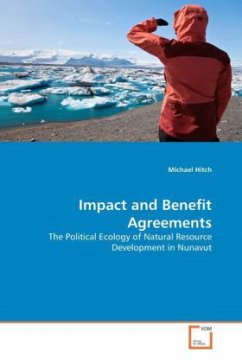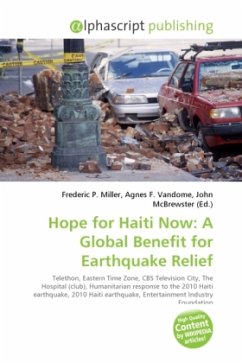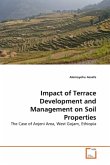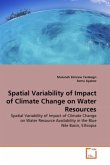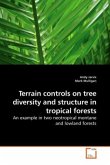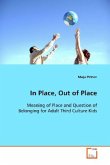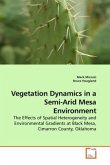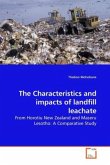The notion of sustainability has its roots in the well-worn work of Bruntland. For most, this report seemed like the first time we thought about managing our current consumption and not to negatively affect future generations. Thomas Malthus, 200 hundred years ago, set the stage with his call for new ways to increase yields while preserving natural habitats and biodiversity. The similarities are striking. The common thread is, we have needs that have to be met today and in the future. Mineral development in Canada's Arctic has increased dramatically. The settlement of land claims has set the stage for mining and established the foundation for this new found wealth and embrace the prosperity that will propel them along the sustainability pathway. One of the conditions mandated to all mineral developers is to negotiate an impact and benefit agreement with the local regional Inuit association. An impact benefit is a negotiated business contract that stipulates the roles and responsibilities of both the industrial proponent and the Inuit.

